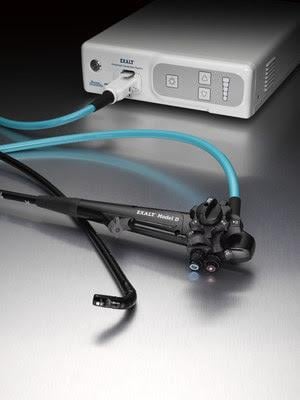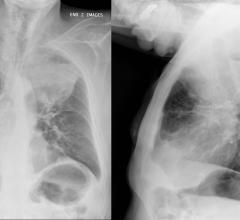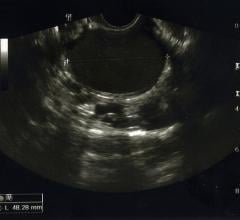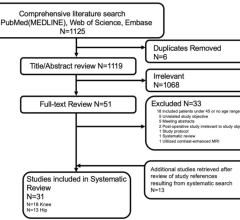
December 23, 2019 — Boston Scientific Corporation announced U.S. Food and Drug Administration (FDA) 510(k) clearance of the EXALT Model D Single-Use Duodenoscope for use in endoscopic retrograde cholangiopancreatography (ERCP) procedures. The EXALT Model D Duodenoscope is the first and only FDA cleared single-use (disposable) duodenoscope on the market and was granted Breakthrough Device Designation from the FDA to ensure patients and healthcare providers have timely access to this device.
This groundbreaking device has been developed as an alternative to reusable duodenoscopes, eliminating the need for duodenoscope reprocessing and repairs, and allowing physicians to use a new, sterile device for every procedure. The EXALT Model D Duodenoscope builds on the familiar design of standard reusable duodenoscopes so that physicians experience a minimal learning curve when adopting this technology.
Every year, more than 1.5 million ERCPs are performed worldwide using duodenoscopes to diagnose and treat various pancreatic and biliary conditions.1,2
Reusable duodenoscopes are put through a rigorous disinfection process between uses in different patients and the vast majority of procedures with these devices are carried out safely and effectively; however, there have been a small number of cases in which infections have been transmitted between patients via contaminated devices, despite adherence to established protocols. As a result, the FDA has been working with duodenoscope manufacturers, medical societies, physicians and other stakeholders to address this concern. The FDA recently issued a recommendation that healthcare providers transition to duodenoscopes with disposable components or fully disposable devices, when they are available, and held an advisory committee meeting to discuss this process and other issues related to reducing infection transmission by reusable duodenoscopes.
"The EXALT Model D Duodenoscope was developed to support clinicians in their mission to deliver the highest quality patient care," said Art Butcher, senior vice president and president, endoscopy, Boston Scientific. "As a leading industry partner committed to advancing the care of pancreaticobiliary diseases for over 30 years, helping to ensure the integrity of ERCP is inherent in our mission to advance science for life and transform patient lives. This device, which was granted Breakthrough Device Designation by the FDA, builds on our legacy of delivering meaningful innovation that improves clinical outcomes."
The FDA Breakthrough Devices Program is intended to help patients receive timely access to breakthrough technologies that have the potential to provide more effective treatment or diagnosis for life-threatening or irreversibly debilitating diseases or conditions.
Boston Scientific voluntarily conducted a consecutive case series of the EXALT Model D Duodenoscope and found that expert endoscopists were able to complete ERCPs across a wide range of complexity using the single-use duodenoscope.3
"With the EXALT Model D Duodenoscope, I can perform the same high-quality ERCP procedure with the added benefit of using a brand-new sterile device for each patient," said Raman Muthusamy, M.D., medical director of endoscopy, professor of clinical medicine, David Geffen School of Medicine at UCLA. "I believe the development of this device is a significant advancement in the evolution of endoscopy."
The company plans to commence a limited market release of the device in the U.S. during the first quarter of 2020.
For more information: www.bostonscientific.com/EXALT


 April 17, 2024
April 17, 2024 








